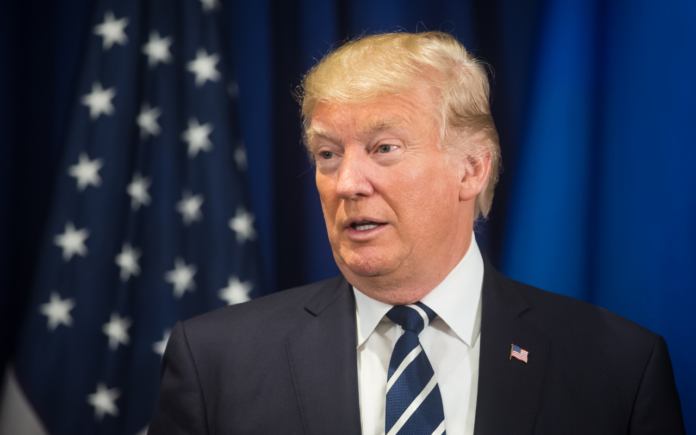The federal court judge presiding over the case involving former President Donald Trump’s alleged interference in the 2020 election has officially scheduled the trial for March 4, 2024. This timing could have significant implications for the 2024 White House race.
U.S. District Judge Tanya Chutkan made the decision, placing the trial right in the midst of the Republican presidential primaries and the day prior to Super Tuesday.
During a recent hearing, Judge Chutkan listened to arguments from both Trump’s legal team and federal prosecutors regarding the trial’s timing. Special counsel Jack Smith suggested a January start date, with jury selection commencing in December of the current year. Conversely, Trump’s legal team advocated for a postponement until April 2026, following the presidential election.
Chutkan expressed her dissatisfaction with the wide disparity between these proposals, remarking, “These suggestions are clearly miles apart, and neither is acceptable.” She underscored the public’s stake in the fair and timely dispensation of justice. Trump’s attorney argued that proceeding to trial next year would infringe upon the former president’s rights, citing the extensive volumes of evidence provided by prosecutors.
John Lauro, Trump’s lawyer, characterized the special counsel’s proposed timetable as a request for a “show trial” rather than a speedy trial, while also asserting, “Mr. Trump is not above the law, but he is not below the law.”
Judge Chutkan said she believed she was giving Trump’s legal team “adequate time” to prepare for trial by setting the date in March, while still guaranteeing that “the public’s interest in seeing this case resolved in a timely manner.”
After the judge made her ruling, Lauro said that while they will abide by her decision, “we will not be able to provide adequate representation” to Trump and that it would deny him “effective assistance of counsel.”
Chutkan went on to say that Trump should have the defense he requires taking into account his “considerable resources that every criminal defendant does not usually have.”


